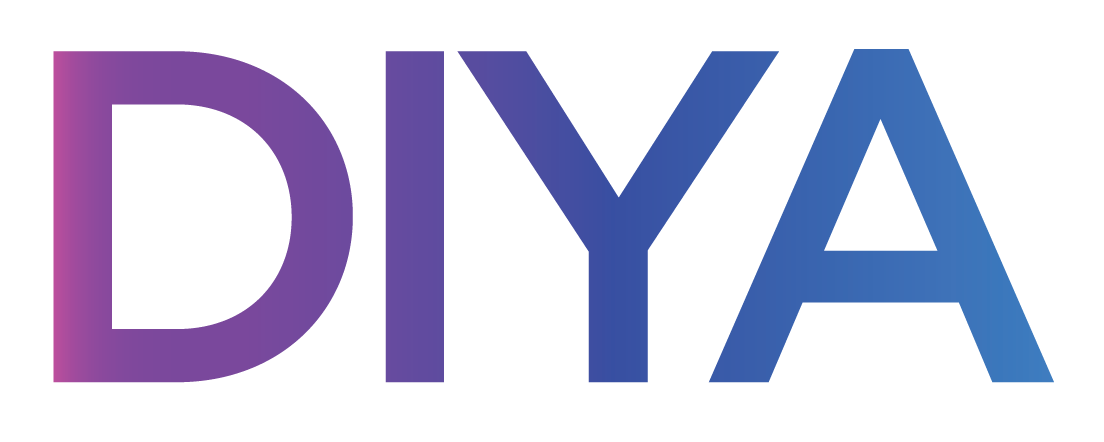Undocuscholars
Many academic, economic, and emotional barriers can gravely restrict undocumented students’ social and economic mobility including their pathways to and through college. A critical issue facing institutions today is understanding what it takes to make their campuses welcoming, safe and supportive for these students. To address this gap, we utilized data from a national study of undocumented college students to build an empirically-grounded conceptual model for institutions to make an “Undocu-Friendly” campus (Suárez-Orozco, Katsiaficas, et al., 2015). The ways in which undocumented students navigate their educational journeys are inherently implicated in how they manage the disclosure of their legal status, referred to as “coming out.” This “coming out” process depends on the ways in which they actively negotiate contextual factors, social relationships, and potential risks, posing critical implications for their education and development (*Raza, *Saravia & Katsiaficas, 2019). Our research revealed a strong identification with being undocumented mediated the role of social supports on civic engagement, and that this process was specifically important for those with Deferred Action for Childhood Arrivals [DACA] status (Katsiaficas et al., 2019). Further disentangling the impact of various levels of policies, we found that the CA DREAM Act significantly relieved the financial burdens associated with tuition and promoted undocumented students’ ability to continue their postsecondary education (*Raza, ^Williams, Katsiaficas, & *Saravia, 2019). This work is driven by our commitment to inform change in the lives of these highly diverse young people as well as in the social and educational institutions that serve as sites of potential to empower this growing population.

